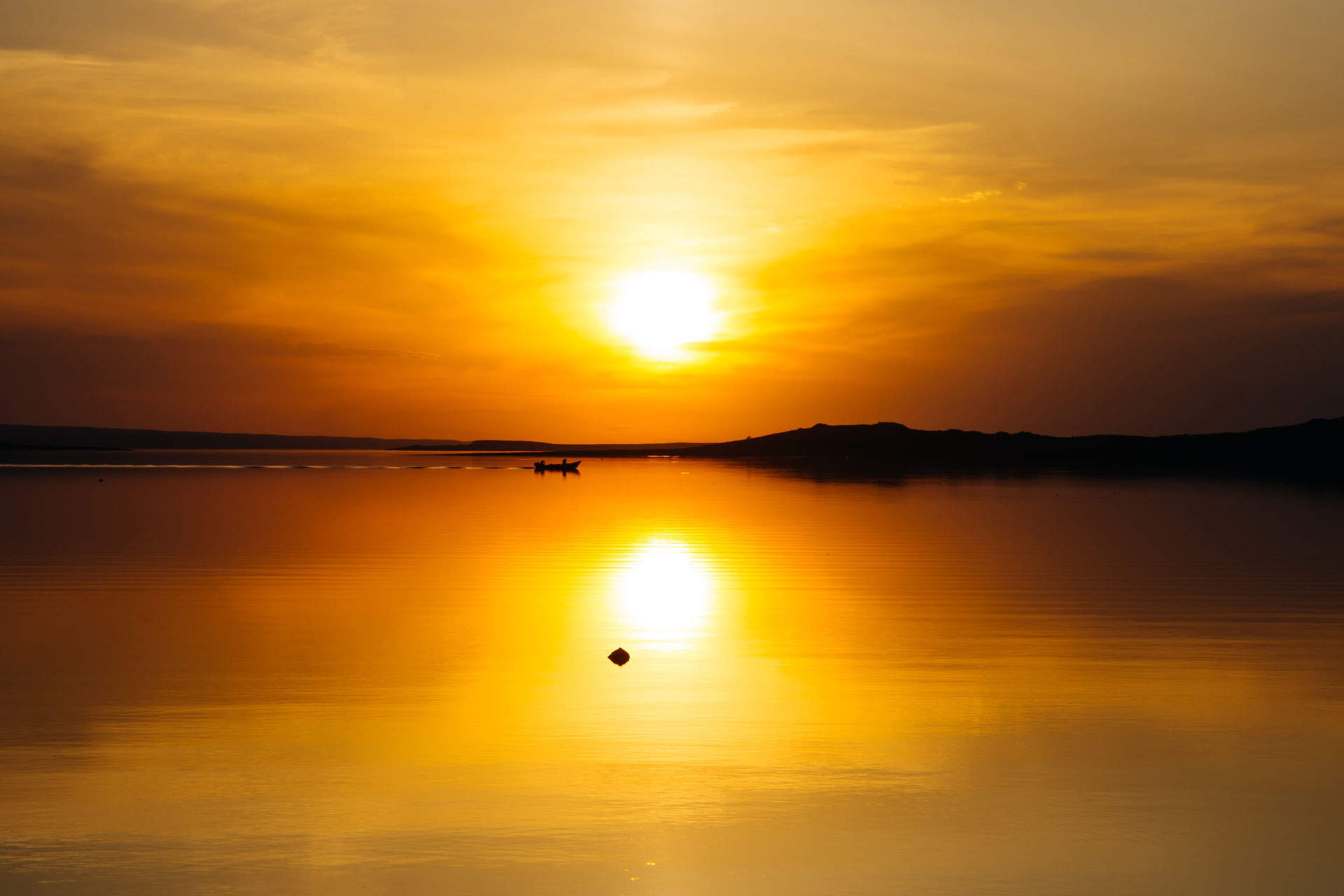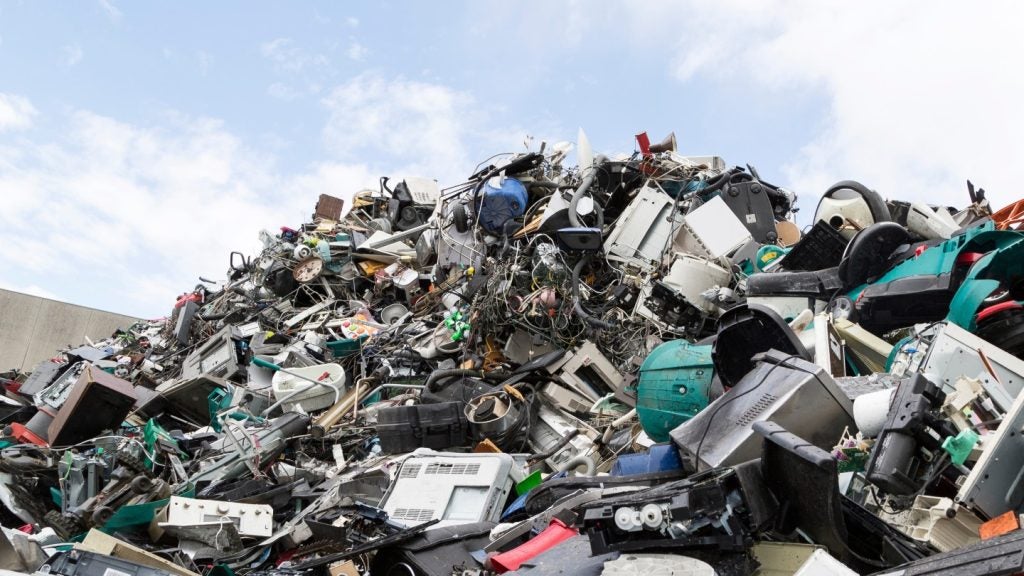
With 5% of the world’s population but only 1% of global freshwater, the Middle East has long been identified as a geography with key potential flashpoints for water conflict.
Long-running disputes simmer over the damming of the Tigris and Euphrates by Turkey and Syria upstream of Iraq, the offtake from the River Jordan by Israel, Lebanon, Jordan and the State of Palestine, and how the River Nile is shared between Egypt, Sudan and Ethiopia.
But it was in Basra, Iraq, last month, as tempers flared in the scorching summer heat over the collapse of the province’s neglected public services, and the water supply in particular, that protests turned violent.
The situation is indeed dire. Baghdad’s constant power vacuum has paved the way for Turkey and Syria to siphon off the Tigris and Euphrates at will, choking the lifeblood of the once lush Shatt al-Arab and causing seawater to inundate the water table.
The salt water, alongside oil operations, has eliminated 87% of the province’s 20,000 square kilometres of arable land, according to Alaa al-Badran, head of the Agricultural Engineers Syndicate.
Tap water supplied to many households has also been rendered unpotable, forcing families to spend hundreds of dollars on water deliveries by truck.
How well do you really know your competitors?
Access the most comprehensive Company Profiles on the market, powered by GlobalData. Save hours of research. Gain competitive edge.

Thank you!
Your download email will arrive shortly
Not ready to buy yet? Download a free sample
We are confident about the unique quality of our Company Profiles. However, we want you to make the most beneficial decision for your business, so we offer a free sample that you can download by submitting the below form
By GlobalDataHowever, it was the hospitalisation of 30,000 people who drank polluted water in early September that led to a week of violent protests, 12 deaths, and the torching of government buildings, political offices and the Iranian consulate – as protesters blamed corruption by Iran-backed Shiite militias.
Water conflict triggers
The situation in Basra can be attributed to both interstate and intrastate causes, but the conflict itself is playing out at a sub-national level. It is the domestic mismanagement by Baghdad of a province that – with 70% of Iraq’s proven oil reserves – should be wealthy which has sparked the protests.
Indeed, research from the International Water Management Institute, Oregon State University and Pacific Institute has found that water conflict between nations is less likely than cooperation, and that water conflicts are more likely to arise as the outcome of other social issues.
Equally, the Pacific Institute has identified a trend of growing risk of sub-national conflicts among water users, regions, ethnic groups and competing economic interests, and showed these intrastate conflicts to be a larger and growing component of all water disputes.
In Basra, the protests have left the government scrambling to meet popular demands. It has promised thousands of jobs and allocated $3bn for electricity and water projects. But given the extent of the problem, which includes clogged streams and canals due to the dumping of trash, that figure is much lower than the sums needed.
Broader crisis in the Middle East
Elsewhere in the region, the Jordanian government too has found itself at the centre of a looming water crisis that has not been helped by the influx of refugees from the Syrian war.
Jordan’s Red Sea desalination project, which includes a water trade with Israel, has faced repeated delays, most recently over the shooting of two Jordanians by an Israeli embassy guard in Amman. Water levels in the Dead Sea and Jordan River have meanwhile been on a downward trend for decades.
A drought analysis led by Steven Gorelick at the Jordan Water Project at the US’ Stanford University suggests that by 2050, Jordan could see flow from Syria’s Yarmouk River fall by 75%, while by the end of the century the country could see a 30% decline in rainfall and a doubling of drought incidences.
Already, there are neighbourhoods in Amman that only receive running water for 12-24 hours a week, due to both low supply and thieves diverting water from reservoirs to sell on.
Gulf water supply
In the GCC, hydrocarbon-fuelled desalination ensures that the level of water scarcity experienced in Iraq and Jordan is held at bay, but all of the Gulf countries face the same underlying problems in terms of high temperatures, low rainfall and often brackish groundwater.
In Saudi Arabia, the government has diverted up to 1.5 million barrels of oil a day to fuel its desalination plants – a cost that was, until 2016, borne almost entirely by the state, thanks to a 99.76% subsidy. Under reforms that year, and again in 2018 under the National Transformation Plan, Saudi nationals have seen prices rise significantly, but the tariffs still represent a fraction of the real cost of production.
Riyadh and other GCC governments will need to make more cuts to prepare their economies for a life after hydrocarbons, when desalination will exact a greater energy burden in the absence of cheap fuel. They will also need to deliver and expand upon their existing pipeline of renewable energy and non-thermal desalination technology projects.
Laid alongside the risk of water conflict down the road, near-term subsidy cuts for consumers in the GCC under healthy economic growth conditions is a safe option.
This article is sourced from Verdict’s sister publication www.meed.com, a leading source of high-value business intelligence and economic analysis about the Middle East and North Africa. To access more MEED content register for the 30-day Free Guest User Programme.






